2023/04/24
Intro:
Time Travel can be very confusing, it can drive you crazy. I had my ideas about how time travel works on the TV show 7 Days which I am rewatching at this time (Rewatch Blog Season One). Currently in the 1st season, just watched episode 15 " Daddy's Girl" where the audience, for the first time, also sees the back-step from the side of the team instead of only that of Frank B. Parker who is the one travelling back in time. So for the first we learn that indeed Frank Parker and the Sphere disappear, which for the team is obviously a confirmation that Parker has gone back in time, on a mission. Till Frank calls in and mentions the code-word Conundrum, the team is in suspense.
Before I watched the episode I also was thinking about this and went searching online if there were some theories. I found 3 who wrote about it, undoubtedly there are more but these 3 had the same thoughts as I did and I would like share one here because there is some extra information which might be useful to you as an audience. I will add the links of the other two articles at the end of this blog. So, to be clear, this is not something I wrote, found this online and I will of course give credit to the one who published it!
Source: written by Graveyard - Seven Days - Feature (reviewgraveyard.com)
Each week on Seven Days (which has finally made it on to British terrestrial TV screens), a top-secret intelligence unit sends ex-CIA agent Frank Parker back in time to undo a disaster of national or global consequence. Sounds simple enough. Richard McGinlay explores the complex issues arising from this time-travel series...
The hero of Seven Days, Frank Parker (Jonathan LaPaglia), is tough, resourceful and headstrong. It was his resilience and strength of purpose that earned him the challenging job of piloting the BackStep sphere into the past. But Frank is no scientist, which is good news for the writers of the TV series, because otherwise he might voice some awkward questions, such as: "How come I never meet my past self when I go back in time?"
One-way ticket:
Each time he travels back a maximum of seven days into the past, it is a one-way trip for Frank. That is, he never travels forward in time to return to his temporal point of origin. Instead, events simply catch up with him, and Frank ends up experiencing those however-many days all over again. The experienced sci-fi viewer will immediately recognise that, if it were possible for Frank to co-exist with his own past self (i.e. the Frank that already existed in the period that he travels back to), the consequences would be appalling. Each time Frank went back to avert a catastrophe, he would effectively create a duplicate of himself. After, say, twenty such jaunts through time, there could be as many as twenty Frank Parkers, and the American countryside would be littered with used BackStep spheres!
The only possible explanation for why such duplication does not occur is that when the sphere takes Frank back in time, the previous versions of both craft and pilot are somehow cancelled out of existence, rather like an old video recording being erased by new material. One must assume that the old Frank instantaneously vanishes as soon as the Frank from the future materialises, and the same must go for the sphere. This theory is backed up by instances on the TV show (in the episode Come Again, for example) in which Frank manages to pilot the sphere back to its spatial point of origin within its hangar. It is plain to see that the sphere could not possibly co-exist with its former self under such circumstances.
On those more frequent occasions when Frank sets the sphere down somewhere outside of the hangar, the rest of the BackStep team would presumably notice the simultaneous disappearance of both the sphere and - depending on his whereabouts at the time - its pilot. One can imagine how disconcerting this could be if Frank happened to be in the middle of a conversation (or, indeed, anything else) with another person at the time! Frank's colleagues probably got used to the inconvenience of these disappearances fairly quickly, although the show's producers have steered clear of depicting this process actually taking place. Admittedly, it would be difficult to pull off such a scene without running the risk of confusing as many viewers as it enlightened. It is probably for this reason that the sequence of events within any given episode is always based upon Frank's own temporal whereabouts (or perhaps that should be when-abouts), thus avoiding the need to show the process of erasure.
Paradox:
Another confusing aspect of Seven Days, if you pause to think about it for a moment, arises from the fact that when Frank invariably succeeds in preventing the catastrophe of the week, the BackStep team in the revised timeline consequently have no need to send him back to prevent it. This is a paradox: Frank is sent back in time to avert a disaster, but in averting it he negates the very circumstance that caused him to be sent back in the first place. The time-travelling Frank effectively arrives from a future that will no longer happen.
The standard explanation for such paradoxes is that the time-traveller, by altering the course of events, does not actually change the established timeline, but instead enters or creates a new, alternate or parallel timeline. Whenever a decision is made, by anyone at all, that could affect the course of history to even the slightest degree, a potential alternate timeline splits off like one of a myriad number of branches on some infinite tree. Whenever Frank undoes an event, he is diverted into yet another of these alternatives.
There is no reason to suppose that the previous timeline - the one from which Frank departs whenever he travels in the sphere - should cease to exist. Each alternative timeline would in all probability continue to run its course. Imagine all those other worlds, abandoned to their respective unfortunate fates whenever Frank goes back in time. In each of them, a disappointed BackStep team will never see or hear from Frank or the sphere again.
Maiden voyage:
Whenever Frank travels to a new branch of history, he enters a world in which none of the calamities that have prompted his missions have ever actually come to pass. From the point of view of the BackStep team in each successive timeline, Frank is this guy who has repeatedly materialised with the sphere, either within the hangar or out in the middle of nowhere, and uttered the fateful code word, "Conundrum". But the team with which he deals in each amended timeline has never actually had cause to send the sphere back through time before. So whenever a national emergency forces the scientists to send Frank back to prevent it, it's the first time as far as they are concerned. Does this mean that the scientists can never learn from each successful deployment of the sphere, and that they are unable to refine any of the processes involved in its operation?
Fortunately, this need not be the case. We know that Frank always carries a microchip containing data pertinent to his mission whenever he enters the sphere. Episodes such as Doppelganger have suggested that refinements to the BackStep technique could also be encoded on this chip, which would seem to be an eminently logical way to experiment with the procedure. Each time Frank arrives back in the past, he could report on how smoothly or otherwise his journey went, and so the scientific team could learn which settings work best.
That's quite enough chronological confusion for now, I think, so I'll leave you with just one more vexing conundrum... Is Frank paid a regular salary, or does he get overtime?
Other sources:
https://foreverknight.fandom.com/wiki/Seven_Days_(TV_series)
Final Word:
Well there you have it, some background info about the time-travel part of the show. Thought it would be interesting to add this to the blog section also because of my current rewatch. After reading this I hope you haven't gone completely nuts because it really can be confusing if you keep thinking about it. I also hope you found this an interesting read, a nice addition to the rewatch blogs. If you have any questions, or if have have another plausible theory please let us know in the comment section below.

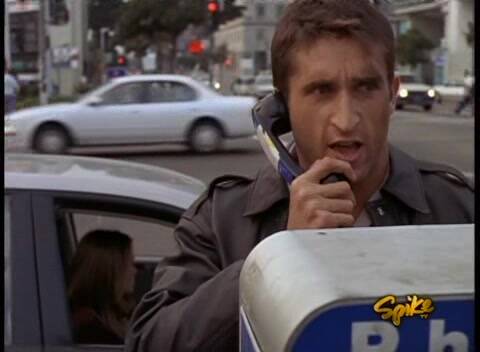
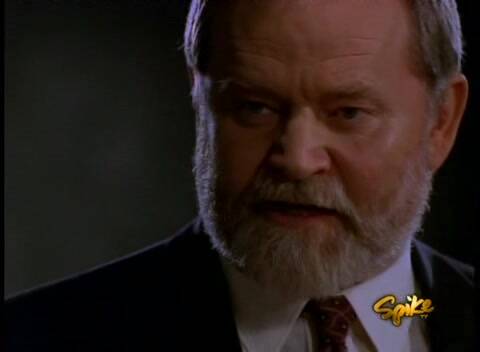
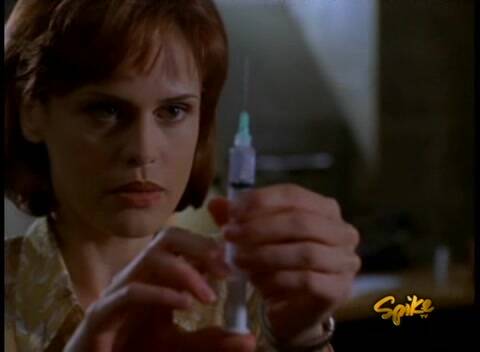
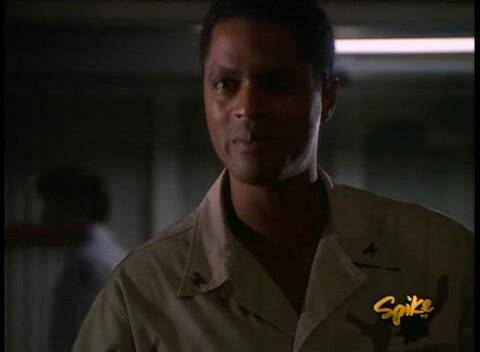
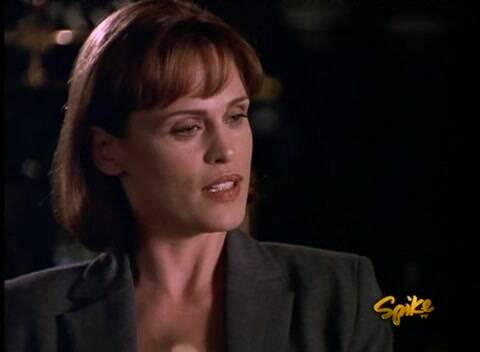
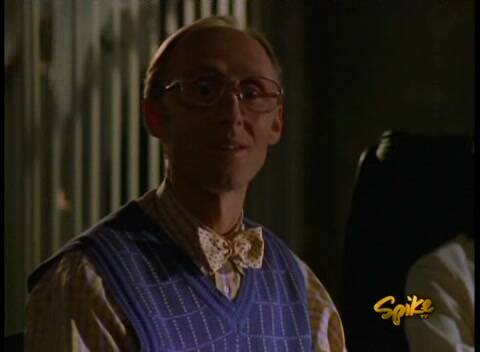

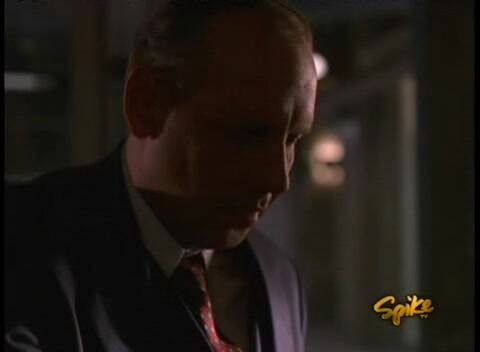
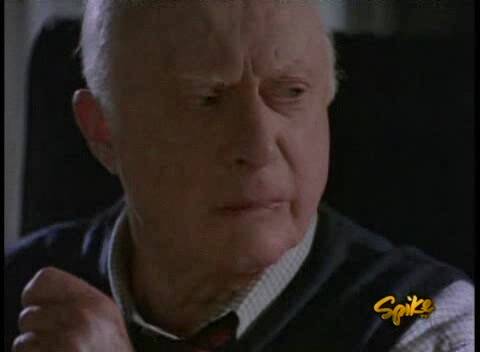
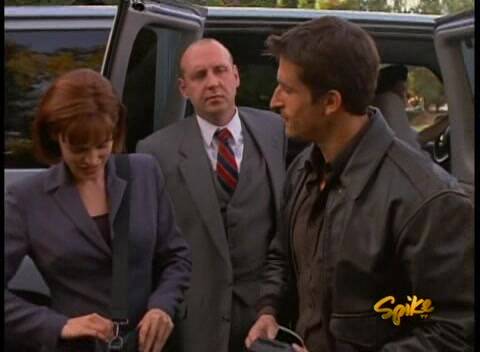

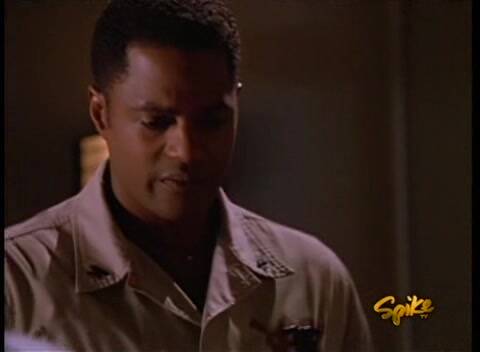
Add comment
Comments